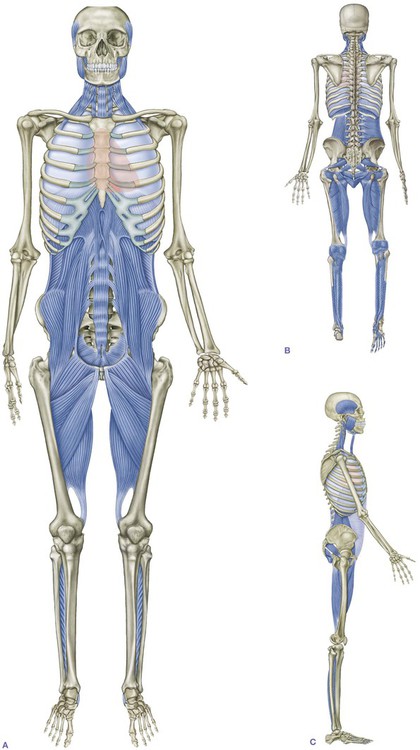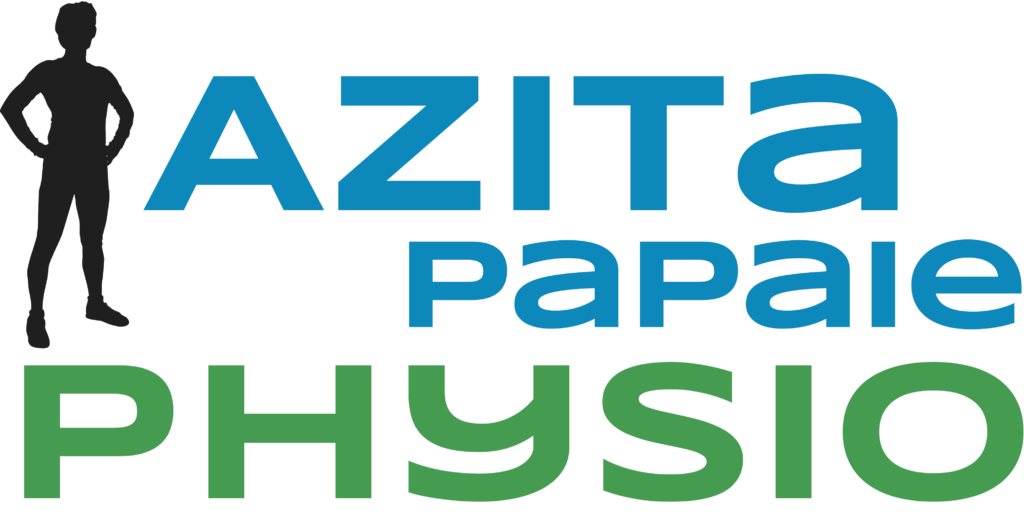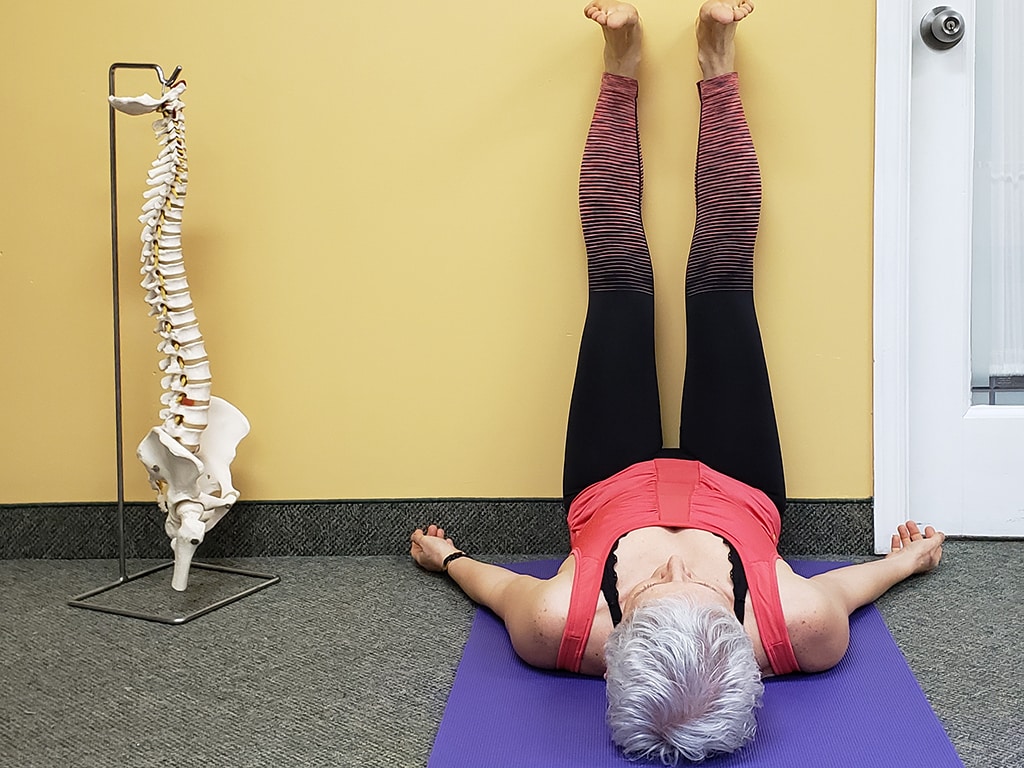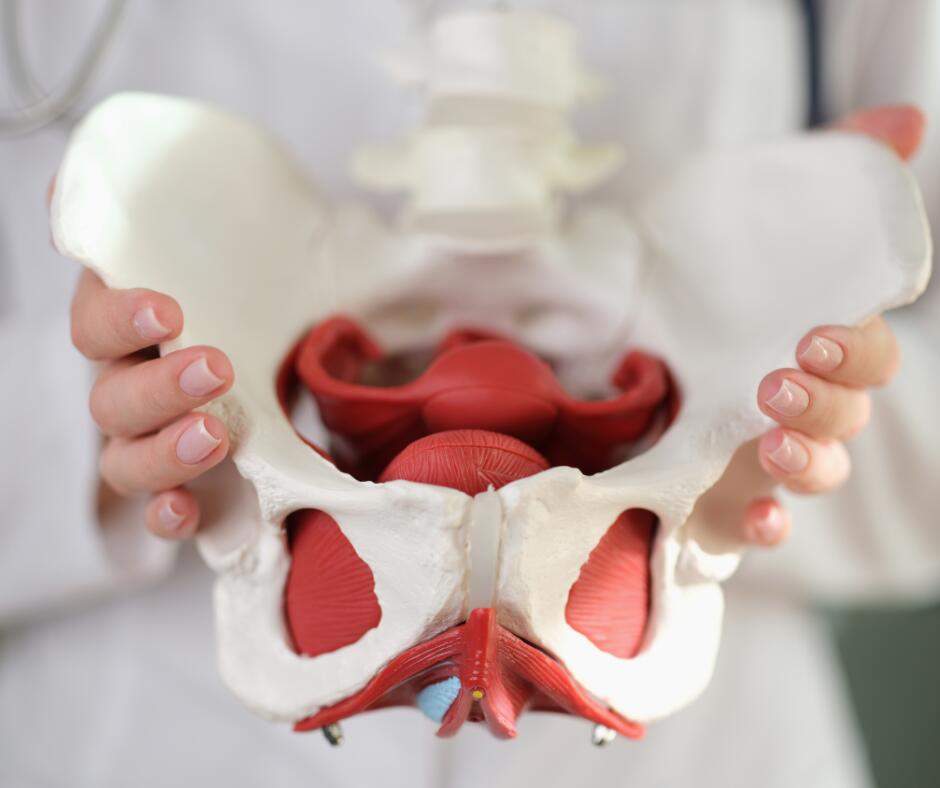TMJ Treatment in Montreal
Temporomandibular joint (TMJ) disorder and pelvic floor tension are two conditions that, at first glance, seem unrelated. TMJ disorder affects the jaw joint and muscles, leading to symptoms like pain and restricted movement. On the other hand, pelvic floor tension involves the muscles in the pelvic region, often resulting in discomfort and functional issues. Despite their distinct locations, emerging research suggests a fascinating connection between these two conditions.

© Thomas Myers, Deep Front Line
Understanding TMJ Disorder
TMJ disorder is a condition affecting the jaw joint and the muscles controlling jaw movement. It’s characterized by symptoms such as jaw pain, difficulty chewing, and a clicking sound when moving the jaw. The causes can range from arthritis to jaw injury, or even from habits like teeth grinding. Treatment often involves a combination of medication, physical therapy, and lifestyle adjustments. The disorder can significantly impact daily life, causing persistent discomfort and affecting eating and speaking.
Delving into Pelvic Floor Tension
Pelvic floor tension refers to the tightening of the pelvic floor muscles, which support the bladder, bowel, and uterus. Symptoms include pain during intercourse, urinary issues, and lower back and hip pain. Causes range from physical factors like childbirth to psychological factors such as stress and anxiety. Treatment typically involves physical therapy, relaxation techniques, and sometimes surgery. Like TMJ disorder, pelvic floor tension can severely affect quality of life.
The Connection between TMJ Disorder and Pelvic Floor Tension
Recent studies have started to unveil a potential link between TMJ disorder and pelvic floor tension. Some healthcare professionals believe that these conditions might share common neurological or muscular pathways. Case studies have shown that patients suffering from TMJ disorder often report pelvic floor-related symptoms, and vice versa.
One theory suggests that the relationship between TMJ disorder and pelvic floor tension lies in the autonomic nervous system, which controls the body’s stress response. Chronic stress can lead to muscle tension, potentially affecting both the jaw and pelvic muscles. Another perspective involves postural alignment; an imbalance in one area of the body can lead to compensatory issues elsewhere, linking jaw alignment with pelvic health since both of these areas are a part of the deep frontal line. This continuous line of internal muscles and fascia is responsible for our body’s core stability and postural support.
If you’re curious about the surprising connection between jaw tension and pelvic floor dysfunction, a recent study explores the correlation between temporomandibular disorders (TMD) and pelvic floor muscle tone in women – offering fresh insights into how stress manifests in the body.
Holistic Approaches to Treatment
The intriguing relationship between TMJ disorder and the pelvic floor highlights the complexity of the human body. While more research is needed to fully understand this connection, it’s clear that a holistic approach to health is vital. By considering the body as an interconnected system, we can better address these conditions, improving the quality of life for those affected.
Sources:
Sulowska-Daszyk, I., Gamrot, S., & Handzlik-Waszkiewicz, P. (2024). A single session of temporomandibular joint soft tissue therapy and its effect on pelvic floor muscles activity in women—A randomized controlled trial. Journal of Clinical Medicine, 13(23), 7037.
https://pmc.ncbi.nlm.nih.gov/articles/PMC11642382/
Griffiths, L., Derisavifard, S., Alaiev, D., Funaro, M., Levy, M., Kreshover, J., Moldwin, R., & Bahani, S. (2021). Pelvic floor myalgia and temporomandibular joint dysfunction: A common and clinically important relationship. Journal of Urology, 206, e35–e36.
https://www.auajournals.org/doi/10.1097/JU.0000000000001965.12

How Does TMJ Treatment Work?
TMJ physiotherapy focuses on relieving jaw pain, restoring mobility and addressing the root causes of temporomandibular joint dysfunction. Through a combination of hands-on therapy, targeted exercises and posture correction, physiotherapy treatments help reduce tension, improve jaw alignment and prevent future discomfort.
Looking for TMJ Relief Near Saint-Henri in Montreal?
The Azita Papaie Physio clinic is conveniently located at 3287 boul. St-Jacques West, 2 minutes away from the Lionel-Groulx metro station and close to the Atwater Market, downtown Montreal, Westmount and Little Burgundy.




